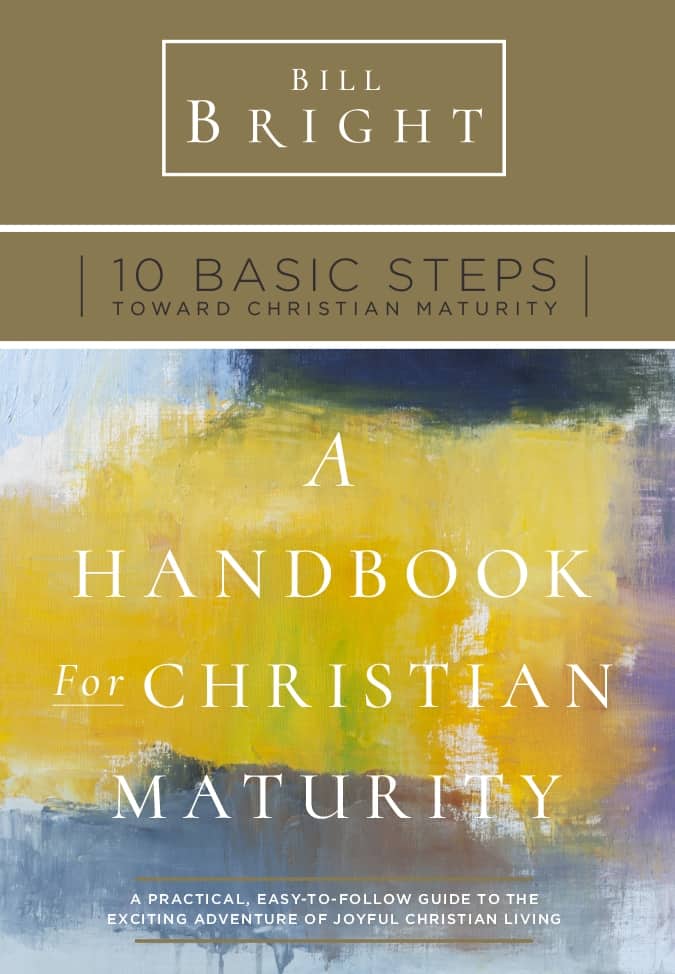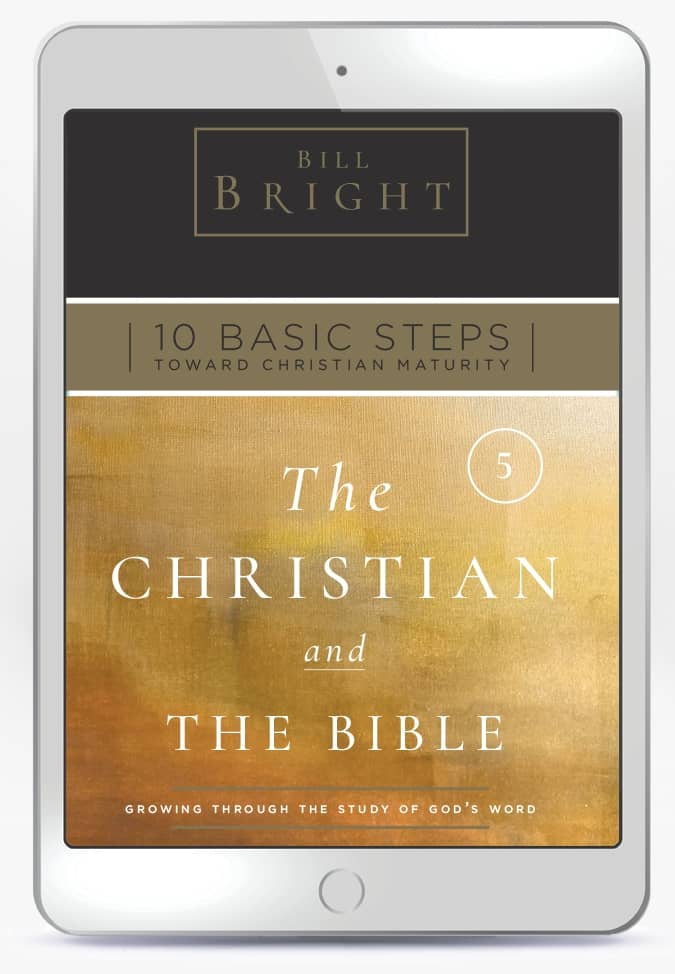Philippians 1:1-11 Leader's Guide

Explore – Read 1:18
1. How would you describe Paul’s perspective? What emotions does he express towards them?
Paul’s perspective is very optimistic. He expresses thanksgiving, joy and confidence.2. Paul says the Philippians are his partners in the gospel. What might he mean?
They are faithful followers of Christ who are experiencing the gospel (1:2, 1:6). They helped him complete his initial mission to preach the gospel (Acts 16), and they have been involved with Paul in the defense and confirmation of the gospel (1:7, 27). They have suffered with Paul for the gospel (1:30, 4:1415). They have been interceding for Paul (1:19). They provided a gift for Paul in prison (4:10).3. What does Paul mean when he says God will complete the good work he began in them?
Paul is confident that since God began a work of grace in their lives, when they initially received the gospel, God will surely be faithful to continue to work in them and sustain them in their faith until the Day of the Lord.4. Paul insists his “feelings” toward the Philippians are right or appropriate. Why does he have to clarify this? Why might someone consider his perspective inappropriate? (If they are having trouble with this question, ask what feelings people usually have in Paul’s situation. See Summary.)
Paul is in prison, the Philippians are suffering, certain “brothers” are turning against Paul, false teachers are out there spreading lies, there is disunity in the church and yet Paul begins his letter extremely optimistically. Some might consider his optimism misplaced, so he insists that it is appropriate.5. How does Paul explain or defend his positive perspective toward them?
His love for the Philippians coupled with the knowledge that they are experiencing the grace of God and involved in fruitful ministry is all the reason he needs to be joyful. When you really love someone, even if times are difficult, you rejoice to know that they are thriving in their walk with the Lord.6. How might God’s grace help someone suffer for, defend and confirm the gospel?
There are many ways. Talk it out.7. A) What are you trying to communicate when you tell someone you “yearn” for them? What nuances does this communicate beyond just telling them you love them? B) Paul says he yearns for the Philippians “with the affection of Christ Jesus”. What does this reveal about Christ’s heart? How is this an explanation for Paul’s confidence God will complete his work in them?
You tell someone you “yearn” for them when you are not with them. Yearning for someone is the desire to be reunited with the one you love. Since Paul yearns for us with the affections of Christ, that means Christ himself yearns for his people. Christ longs to be reunited with us, face to face. This explains Paul’s confidence that God will continue his work in them, because if Christ yearns to be reunited with the Philippians, Christ will do whatever it takes to make sure they are sustained in their faith until The Day of Christ, and make to their home with him in heaven.8. If you were in a situation like the Philippians, how would hearing Paul’s positive perspective affect you?
Explore – Read 1:9-11
9. Paul desires the Philippians’ love to abound more and more with knowledge and discernment. How might a lack of these hinder them from abounding in love?
If people are not discerning about their situation they will grow sullen and discouraged. Paul was discerning about his situation, so even though times were hard, he had lots of cause for joy. Because his perspective on his situation was joyful he wasn’t distracted from loving others. He knew God would take care of him and so continued to serve by preaching the gospel.10. What do we learn about Paul’s perspective on life from his prayer?
A life of love and fruitfulness is far more important than a comfortable life. Only God can cause us to abound in love. Even if we suffer in the short term, on the day of Christ, God will have the victory and we will join in blameless and ready to enjoy endless ages with him.11. From this whole passage, 1:1-11, How has Paul’s experience of Christ shaped his perspective on life?
Paul knows that God’s grace is available to him in the midst of difficulty. Christ suffered without mercy or help, so Paul might have the grace of God. He looks forward to the Day of Christ when his suffering will be over and he will be face to face with the Lord he loves.
















